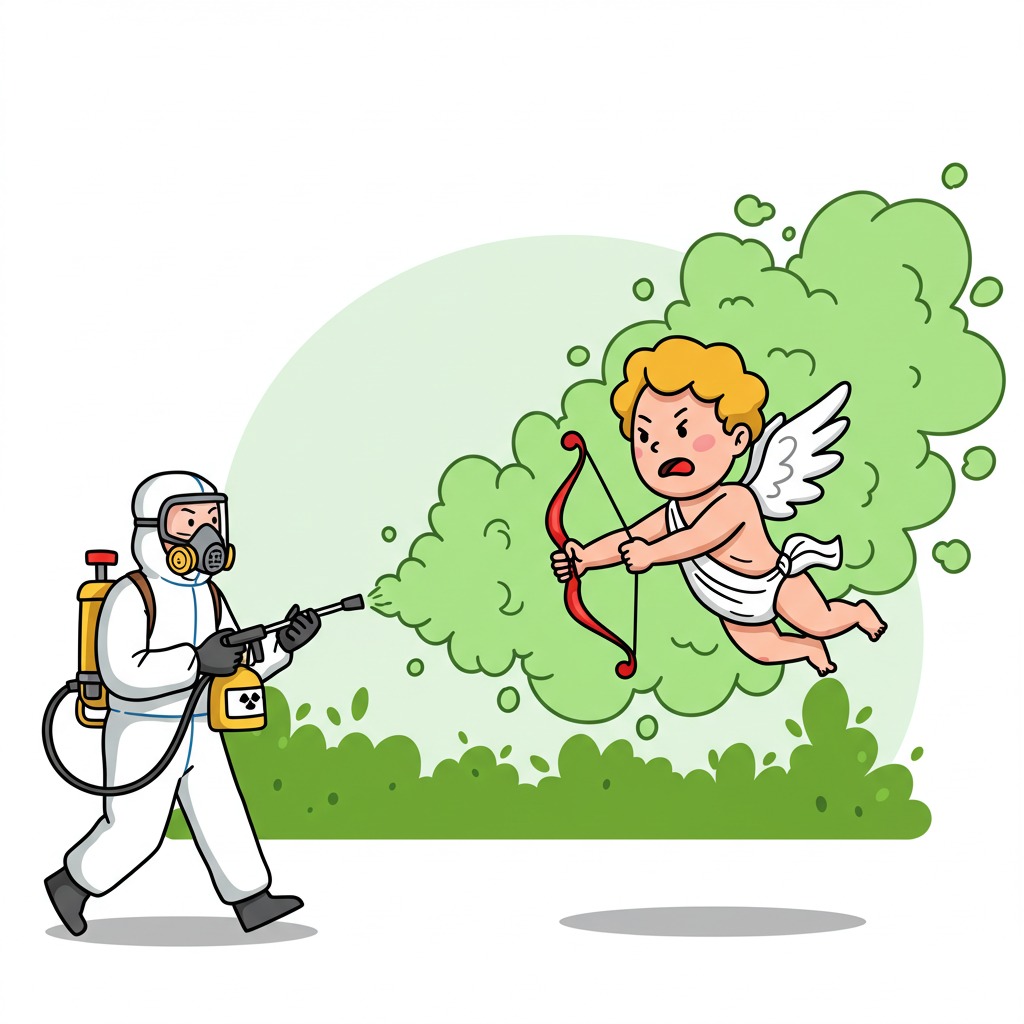INTRODUCTION
In our current economy, most organisations have adopted a linear process of material usage. We collect finite resources from the earth, make products from them, and eventually discard the waste products produced.
Here in Nigeria, we see the consequences daily; waste produced is thrown into the streets, causing drainage blockages and devastating flooding during the yearly rainy season.
Flood in Marina, Lagos July 2016

Source: The Cable
WHAT IS A CIRCULAR ECONOMY?
We should be able to design items within a circular economy so that no waste product is generated. Although it may appear that producing waste is unavoidable in some instances, we could design items that could be the beginning of new products at the end of their lives if we considered the full product life cycle during the design stage.
![]()
Source: The Conversation
As reported by the Ellen Macarthur Foundation (the organisation which first coined the term Circular Economy), the circular economy is based on three principles:
- Eliminating Waste and Pollution
- Circulating Products and Materials
- Regenerating Nature
The idea of a Circular Economy is reinforced by the use of renewable energy and materials where we move away from using finite resources such as fossil fuels. It contributes to a resilient system and promotes huge benefits for the 3 Ps; Profit, People, and Planet. For example, using more renewable energy sources can tackle climate change, which is detrimental to the environment and many current business models as the world attempts to transition to Net-Zero emissions.
ELIMINATING WASTE AND POLLUTION
As previously mentioned, we mostly operate within a linear economy, where we extract raw materials from the earth, create products for consumer use, and then throw them away as waste.
In Nigeria, some waste ends up in dumpsites (barely biodegradable), water bodies, or on the streets, which eventually block the drainage system from working adequately and damage the aquatic ecosystem. In the long term, this process is detrimental to national and global sustainable development because our resources are finite and cause severe pollution in the country. So, the first principle of the circular economy is to eliminate the development of waste, which can eventually lead to pollution.
CIRCULATING PRODUCTS AND MATERIALS
Products can be kept in circulation either by the technical or biological cycles. In the technical cycle, products are maintained, shared, reused, repaired, refurbished, remanufactured, and, as a last resort, recycled, whilst in the biological cycle, biodegradable materials that cannot be reused are returned to the earth through processes like composting and anaerobic digestion.
For products to successfully be circulated in either of the cycles, it is essential that they have been designed with their eventual circulation in mind from the beginning of their life spans.
REGENERATING NATURE
By shifting our economy from linear to circular, we can move away from a focus on extraction to one on regeneration, and instead of continuously exploiting our natural resources, we can enhance our natural ecosystems. For example, if we can implement farming practices that allow ecosystems to rebuild themselves and increase biodiversity, we can return biological materials to the earth. Currently, a lot of the land used for farming produce is depleted of nutrients and is no longer as fruitful, but by moving to a regenerative model, we begin to recreate natural ecosystems where there is no waste.
FUNDING PROSPECTS
Based on scientific research by the Ellen Macarthur Foundation “replacing fossil fuels with renewable energy will only tackle 55% of global greenhouse gas emissions. The remaining 45% of emissions come from how we make and use products, food, and land management, especially in the agricultural sector. The food industry could halve its projected greenhouse gas emissions by adopting circular economy principles in 2050.”
A circular economy offers a major opportunity for financial institutions to contribute to prior and future sustainability commitments whilst delivering on other climate objectives and tapping into many more sources of long-term investments and new markets. This means investors could consider funding circular economy initiatives such as recycling, waste management, renewable energy etc.
MOVING FORWARD
In conclusion, research has shown that we cannot attempt to even come close to achieving a circular economy, with zero waste, without the active contribution of a large number of the global population.
In Nigeria, if we are indeed going to attempt to migrate to a circular economy and eradicate the production of waste from the start, it would make sense to start with the food industry, where we can create innovative ways of reusing our plastic containers or packing our products in more sustainable manners. Some viable alternatives include glass and stainless steel packaging, which makes room for reuse, and bamboo, which is biodegradable etc.
Many organisations globally have found various ways by which food can be stored in more environmentally friendly ways. An example is the UK’s NotPla (Not Plastic), which developed Ooho, a 100% natural biodegradable and edible membrane that holds liquids and is made from seaweed.











3 Responses
Hello please date of Approve Smedan sterling
I think every concept you put up in your post is strong and will undoubtedly be implemented. Still, the posts are too brief for inexperienced readers. Would you kindly extend them a little bit from now on? I appreciate the post.
Love this piece. Very precise and understandable. More grace.